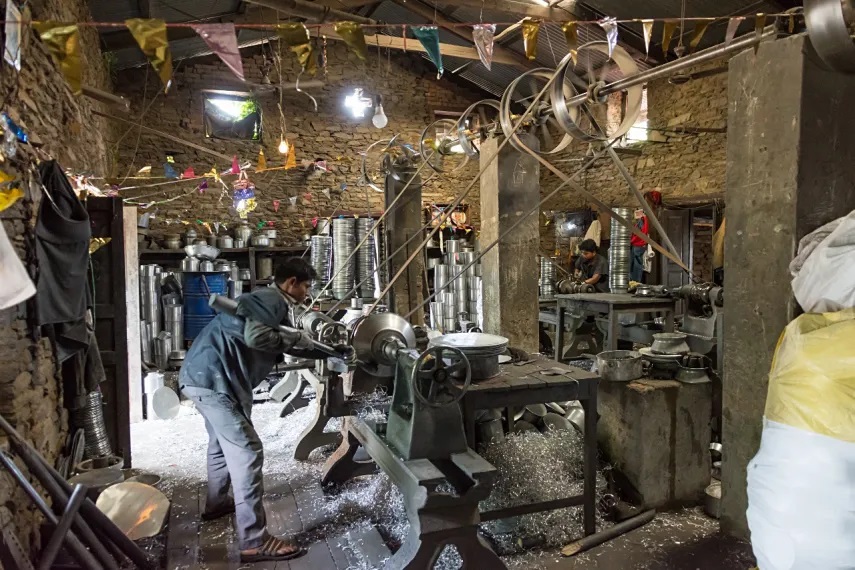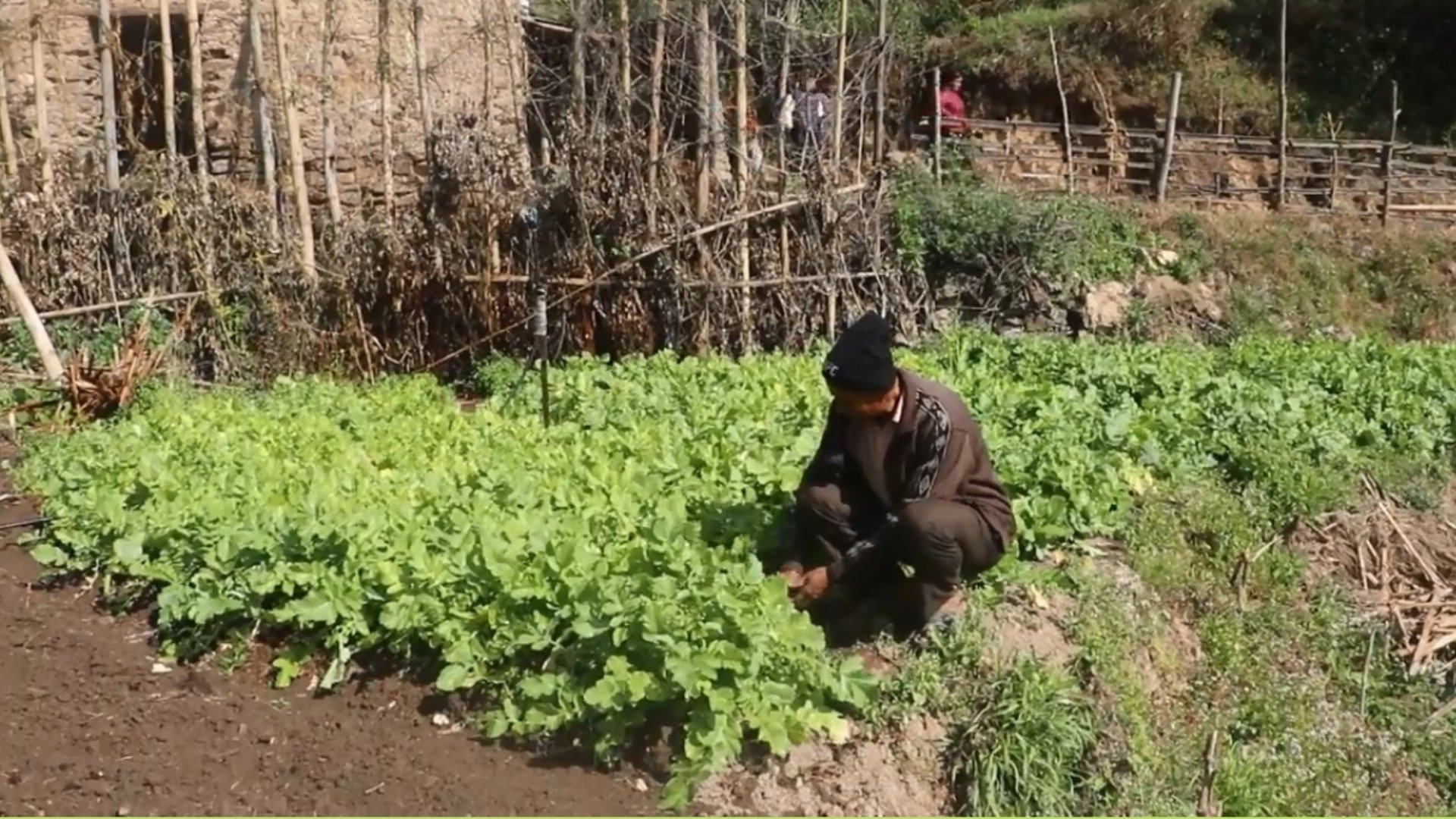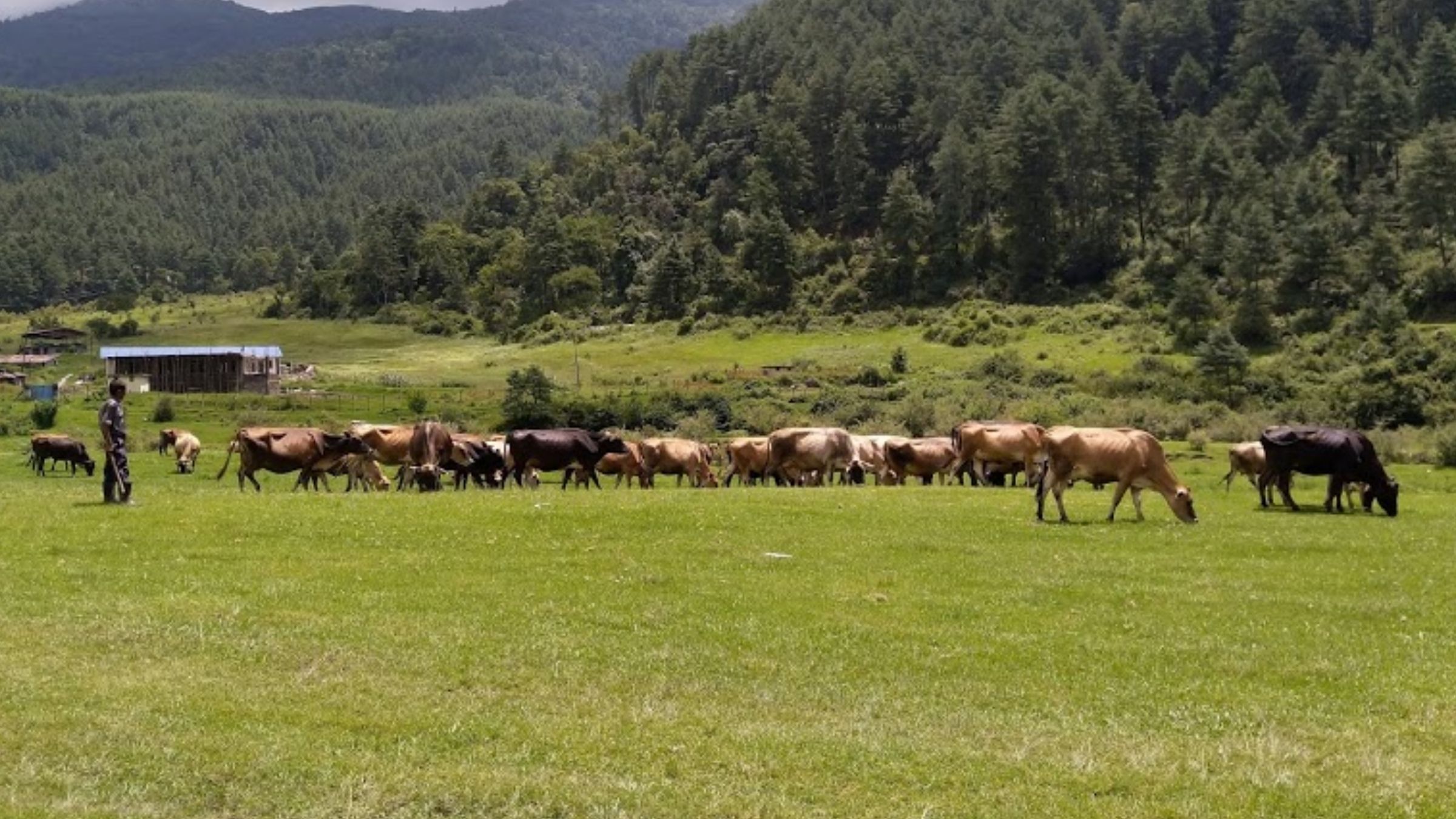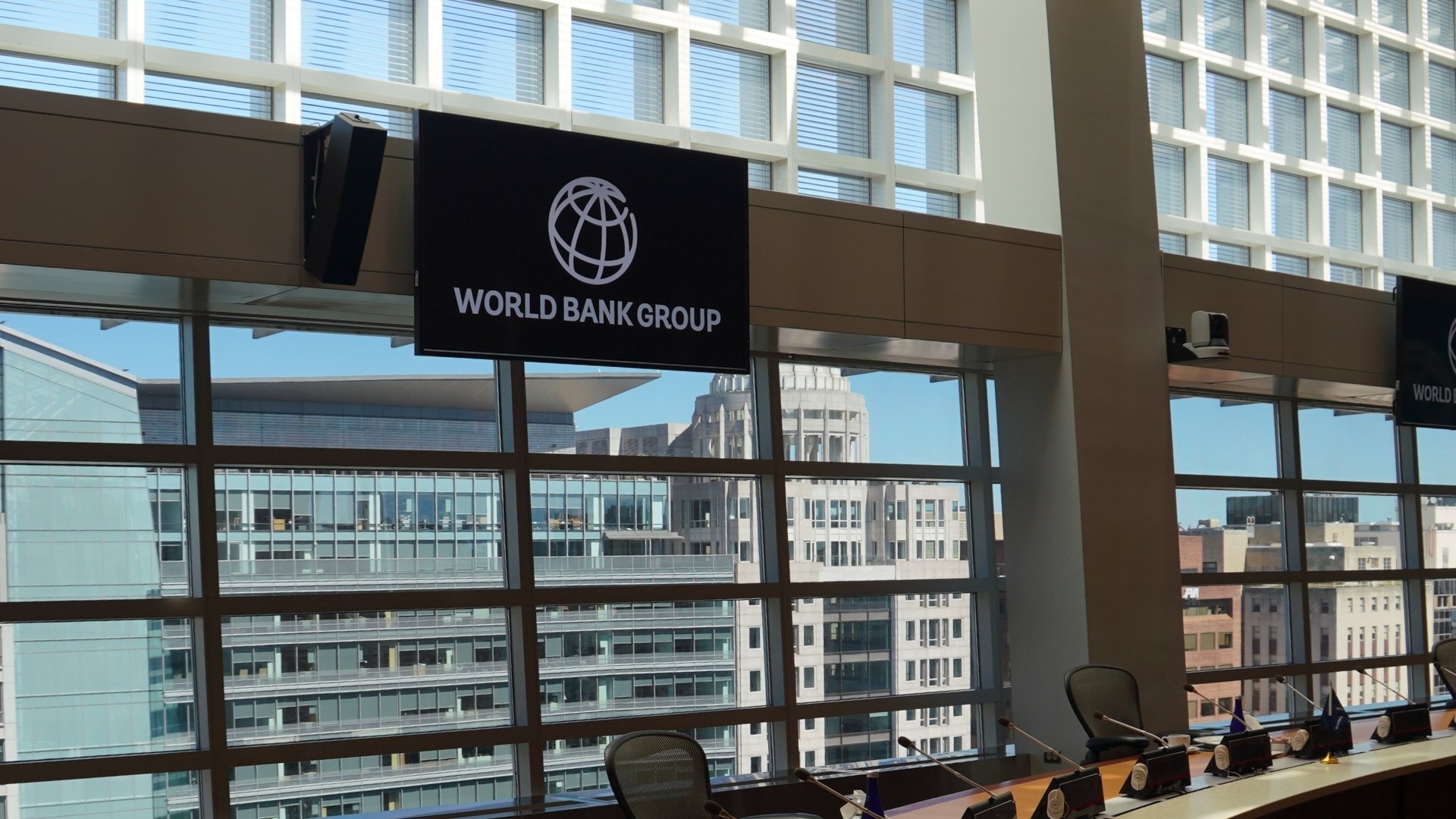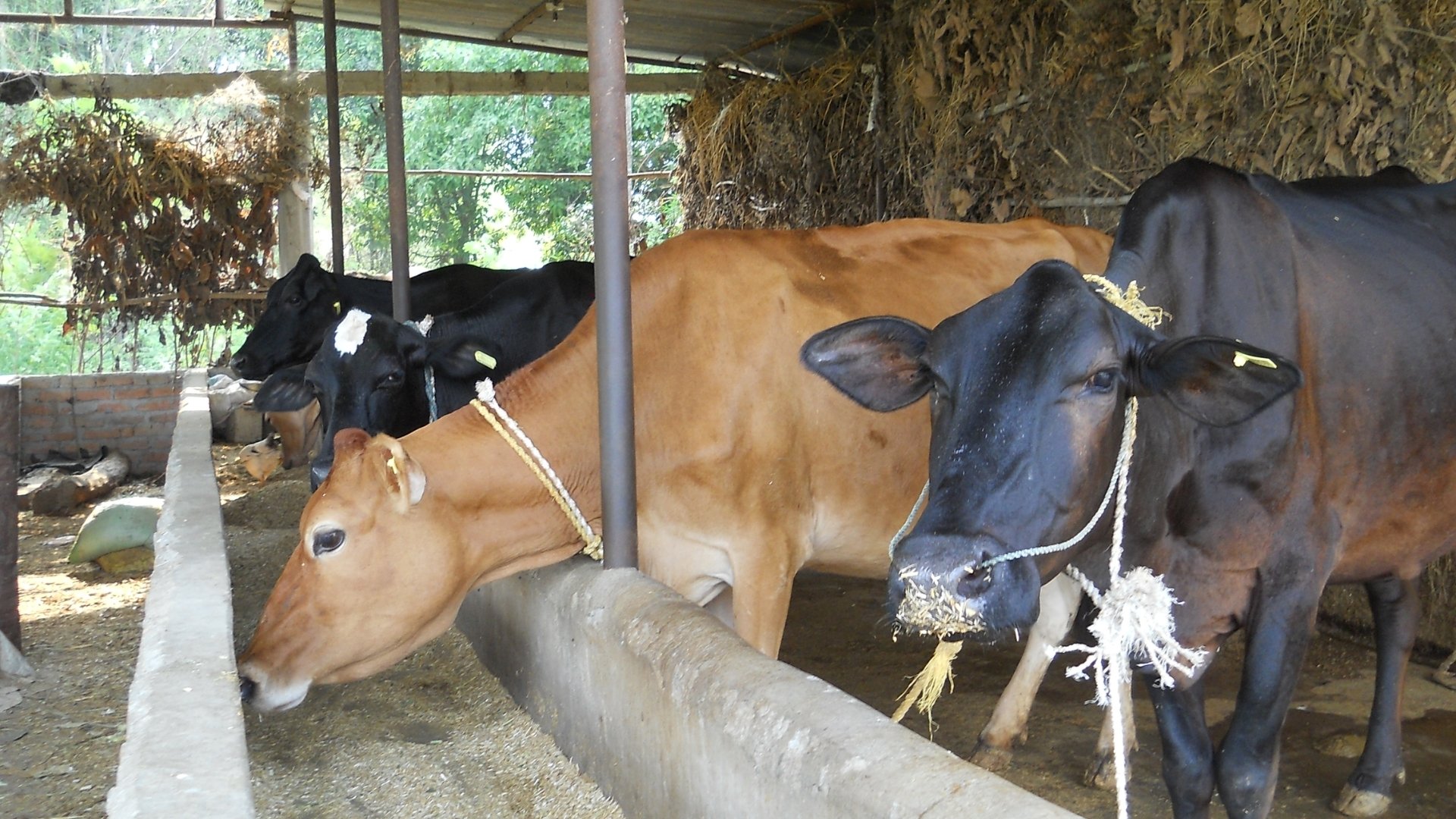The government has included several plans and programs for entrepreneurship and industrial enterprises in this year’s budget.
Here is a rundown:
- NRs 6.55 billion for the promotion of entrepreneurship and industrial development.
- NRs 7 billion to implement the ‘Partnership Program for Production and Employment’ which will focus on developing and expanding enterprises relating to agriculture, rural tourism enterprises, and IT.
- Encourage domestic production through ‘Prime Minister’s Production and Value Addition Program’
- Collaborate with the private sector to promote ‘Make in Nepal’ and ‘Made in Nepal’ products.
- Transform provinces into specialised economic centres. According to this plan, Koshi is designated for industry, Madhesh for agriculture, Bagmati for information technology, Gandaki for tourism, Lumbini for small and medium enterprises, Karnali for herbal products, and Sudurpaschim for religious tourism.
- Implement the Gandaki Economic Triangle Project connecting Bharatpur, Butwal and Pokhara under the concept of integrated development. This project will involve the creation of an industrial ecosystem in partnership with the private sector, aiming to establish industrial hubs. The government has allocated a budget of NRs two billion for the project.
The project will develop relevant infrastructures in the following zones for the specified areas:
- Bharatpur Zone: Eco-tourism services, water transport, and specialised health services.
- Pokhara Zone: Adventure tourism, eco-tourism, and research-based higher education.
- Butwal-Bhairahawa Zone: Religious tourism, data centres, and IT-related enterprises.
Further, different sections of the triangle project will be developed into industrial centres:
- Narayangarh-Bhairahawa section as centre for manufacturing and heavy industries,
- Mugling-Pokhara section as centre for agriculture and food processing industries, and
- Butwal-Bhairahawa section as centre for household goods and services, including electrical equipment, shoes, garment and carpet.
The entire project will be designed under the Public-Private Partnership (PPP) model and allocated with a budget of NRs 2 billion.
- The area around the East-West Highway from Nijgadh to Dhalkebar will be developed as a Nepali Carpet corridor. Provisions will be made to mandate government agencies to use on Nepal-made carpets.
- Similarly, the Sharda River area in Salyan-Rukum will be developed as an agricultural corridor, the Hima and Tila River areas in Jumla as a Marsi rice corridor, and the Kolbi-Simraungadh road area in Bara as a fish corridor.
- Initiate development of industrial zones at Daiji (Kanchanpur) and Naubasta (Banke), and Motipur (Rupandehi).
- Develop industrial zones at Mayurdhap (Makwanpur) and Shaktikhor (Chitwan) under a public-private partnership model.
- Additionally, a Nepal Startup Fund of NRs 1 billion will be established to meet the financial needs of startups. A Startup Board will be established to facilitate and regulate startup entrepreneurs.
- Business Incubation Centres will be established in each province. Banks and financial institutions will be encouraged to provide loans to startups.
- For women entrepreneurs, an international-standard exhibition centre will be developed in Chobhar, Kathmandu, through a public-private partnership to highlight their products and services. Arrangements will be made to list products and services on the trade portal for branding purposes. Additionally, “Koseli Ghar” will be established to provide market access.
- A workplace-based apprenticeship program will be implemented, involving the participation of productive sectors to link skills with employment based on market demand.
- Several laws related to industry and investment will be developed/revised.
- The Industrial Business Act, Direct Sales Act, Damasaahi Act, Labor Act, Industrial Sector Operation Regulations, and Hedging Regulations will be updated to be more relevant to current needs.
- Laws relating to derivatives will be drafted.
- The Forest Act and Land Acquisition Act will be reformed to facilitate investment.
- The Company Act will be amended to simplify the registration, regulation, and liquidation processes.
- Laws related to intellectual property and credit transactions will also be drafted.
- Legal arrangements will be made for the production, branding and sales and marketing of homebrewed alcoholic beverages.


